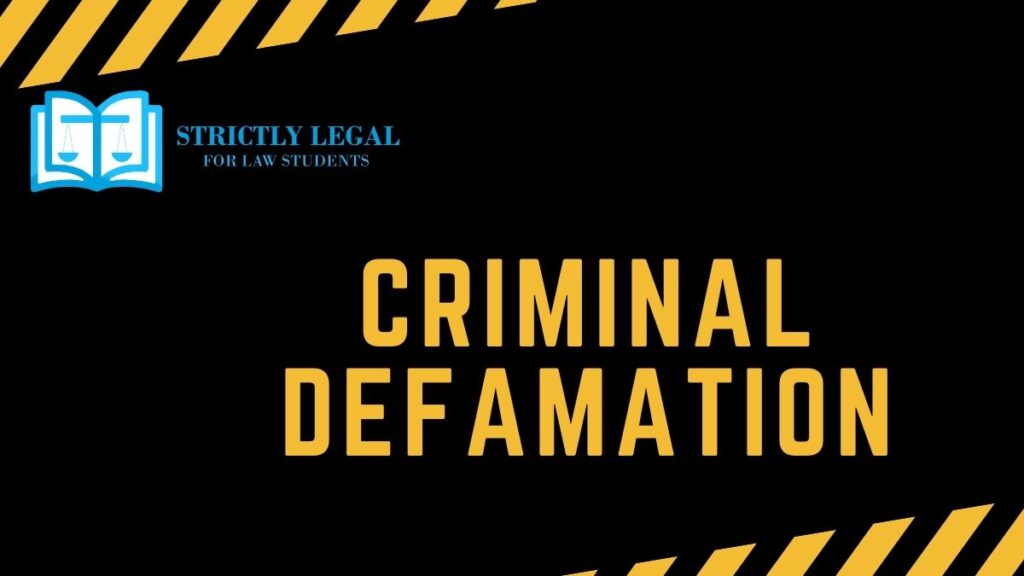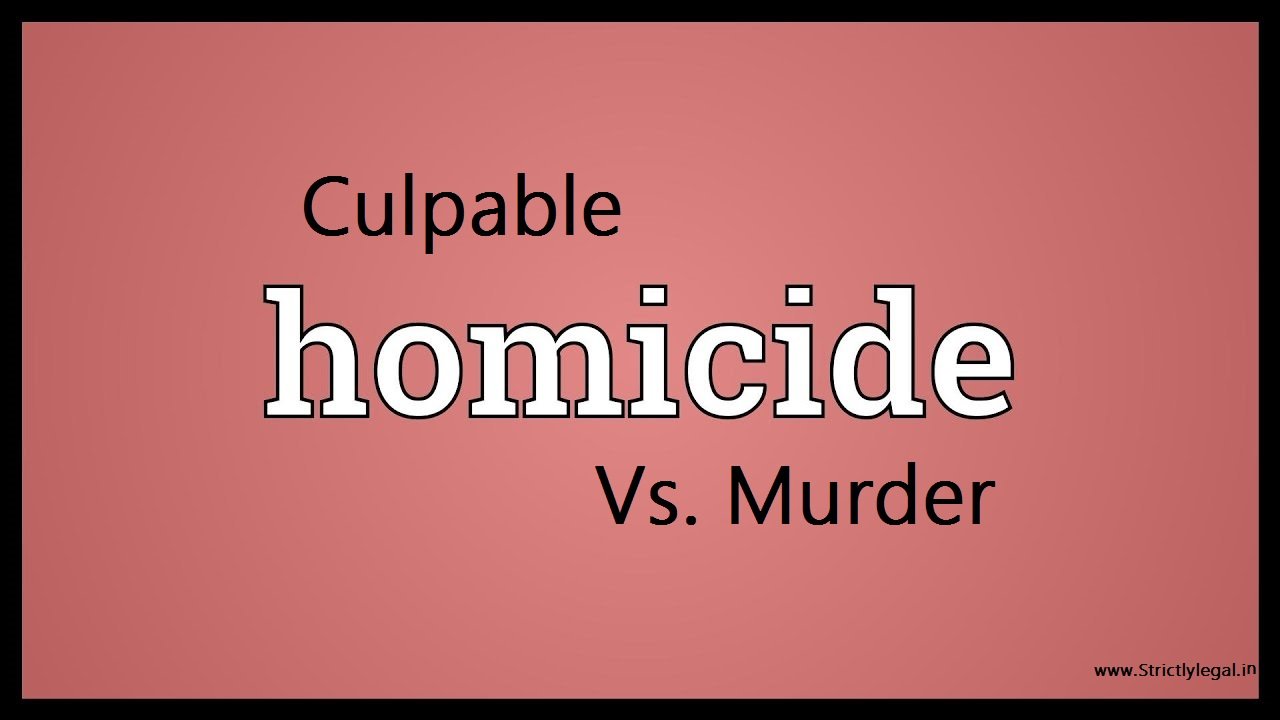In a very generalized term, the term “Defamation” means an injury to the reputation of a person that comes out from a statement which is false. The reputation of a man is also treated as his property and if any other person causes an injury to the property he is liable under the Indian Penal Code, in a similar way any person injuring the reputation of a person is also subject to liability. These offences are punishable u/s 499 of the Indian Penal Code, punishable u/s 500 of the Act with an imprisonment for a term of two years or fine or both.
Table of Contents
Essentials to establish a Defamation has occurred
- The statement must be defamatory I.e., it seems to lower the reputation of the person. A defamatory statement is not only confined to abusing the other person in public but also includes any such statement that might harm the reputation of the person. For example, A publishes an advertisement about B stating all the false information about B and that B and his company are in a debt of 200 crores against the SBI. This statement amounts to defamation as the more people read this statement, its reputation of B is injured to that extent.
- The statement must refer to the plaintiff. The burden of proof remains on the plaintiff that the defamatory statement was referred to him as it will be immaterial and baseless if the defamatory statement was not directed towards the plaintiff in the first place.
- The statement must be published. Publication of a defamatory statement to some person other than the person defamed is the most important aspect of making any person liable, and unless that is done, no action for defamation can take place.
Two forms of Defamation
Like mentioned above, there are two types defamation. They are as follows:
Slander
It is the publication of a defamatory statement through the way of words and gestures.
Libel
It is the representation of a defamatory statement made in writing, printing, painting etc.
Nonetheless, the Indian Law does not make any specific distinction between Slander and Libel, treating both of them as criminal offences u/s 499 of the Indian Penal Code. In the case of Hirabai Jehangir v. Dinshawdulji, the Honorable Court of Madras and Bombay passed a judgement that under Indian Laws no distinction is needed to be made in treating Slander and Libel as anything but criminal offences.
Defamation of Classes of Person
When particular words are spoken are referred to a group of individuals or a class of persons, then no single person of that group or class can prosecute that the words could reasonably be considered referring to him. For example, if person A wrote that all cooks are traitors, then no student, in particular, can prosecute him unless he proves that the words could reasonably be considered to refer to him. Had it been written in a way that all cooks of a particular café are traitors then the cooks of the said café may together prosecute the person.
Communication between husband and a wife
Both husband and his wife are considered as one person in the eyes of Law, and the communication among them regarding a defamatory matter from the husband to the wife or the other way around does not falls in the ambit of Section 499 of the Indian Penal Code, as Section 122 of the Indian Evidence Act specifies the privileged communication between a husband and a wife and keeps them out of the ambit of section 499 of the Indian Penal Code. The only exception here is a suit between the legally married couples or in a proceeding in which one married person is sued by the other for any crime committed against them.
In a high-class case of T.J. Ponnen v. M.C. Verghese, the Honorable Court of Law contended that the letter from a husband to his wife containing a defamatory matter with concern to the father-in-law of the husband does not amount to defamation. It is covered as a privileged communication u/s 122 of the Indian Evidence Act.
Defenses to an action for Defamation
The defenses to an action for defamation are:
- Justification of truth
- Fair Comment
- Privilege
Justification of truth
In a civil action for defamation, the truth of the defamatory matter/ statement is a complete defense on the respondent’s part for the saying that “Law will not permit a man to recover damages for something being true about him.”
However, under the Criminal Law, merely stating that the statement against the plaintiff is true is not a solid defense on the respondent’s part, and the defendant/ respondent then holds the burden of proving that the statement or the action was done so for the public good.
In Radheshyam Tiwari v. Eknath, the court contended that the defendants would be held liable if they cannot prove that the statements or actions they made against the plaintiff are true.
Fair Comment
Making or passing a fair comment on account of public interest is a solid form of defense, however, to prove it was a fair comment, the defamatory statement should be more like an expression of opinion instead of an assertion of fact.
Privilege
Privilege generally means “special status”. These special occasions when the law recognizes that the right of free speech outweighs the plaintiff’s right to defamation and a defamatory statement made on such occasion is not actionable. Now privilege is further classified into two types:
Absolute Privilege:
Here complete immunity is given to a person for speaking and no defamatory action shall be taken against him. Article 105(2) of the Constitution of India gives immunity to legislators to speak anything during the course of parliament and no action shall be taken against them. The protection to judges is also provided to judges under Judicial Officer Protection Act, 1850 which also extends to the counsels, witnesses, and parties to any suit.
Qualified Privilege:
This privilege portrays that the statement made must have been made without malice.
Conclusion
After reading the article, it comes down to one single idea that defamation refers to the injury of someone’s reputation which is criminalized u/s 499 of the Indian Penal Code.

Law student.
Turning legal insights into engaging narratives.





